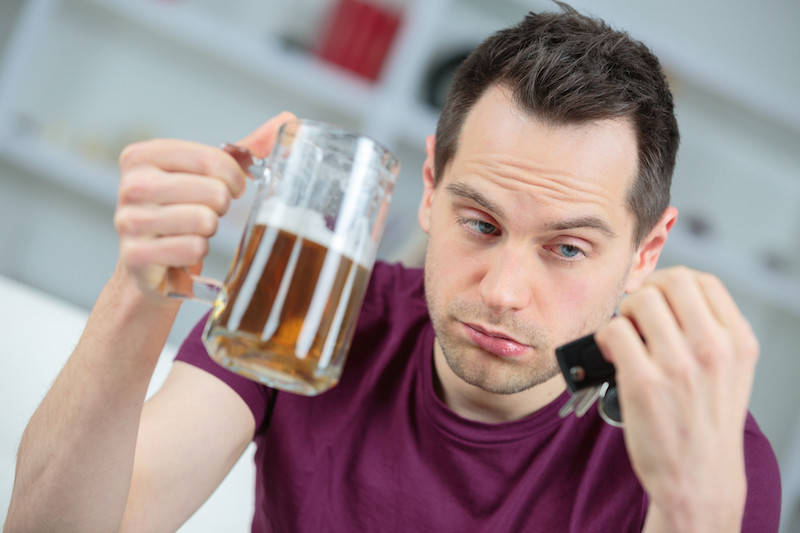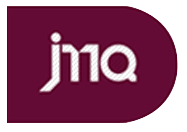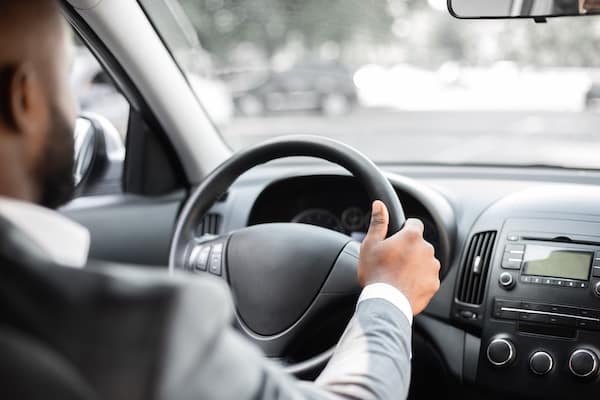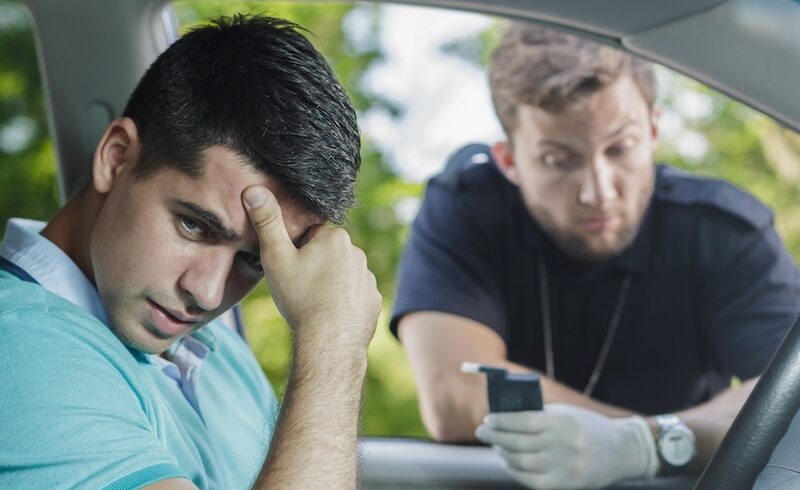
Approximately one-third of traffic deaths in the US involve a drunk driver.
Even one death is too many. As such, there are laws all over the country to combat drinking and driving. Illinois is no exception.
After getting charged with a DUI, there are likely many worries swirling. The consequences can be steep and have long-term ramifications. One of these conditions is losing your license.
You might be wondering how to get a restricted license to avoid a total loss of driving privileges.
Of course, DUI laws vary by state. However, most will require some type of suspension or revocation of a drivers’ license after conviction of DUI.
This does not mean all hope is lost. You may still be eligible for a restricted license where you can work back up to full driving privileges.
If you’re wondering how to get a restricted license after a DUI, we outline the way for you here.
DUI in Illinois
Each state carries its own DUI laws. In Illinois, you can be charged with DUI after drunk driving or operating a vehicle under the influence of drugs. This includes marijuana.
In terms of alcohol, the legal limit is 0.08. So, if your blood-alcohol content (BAC) is over this limit, you can be charged with DUI.
If you are driving a commercial vehicle, this threshold is cut in half. CDL drivers are limited to 0.04. Additionally, those under the legal drinking age are considered to be driving under the influence with any BAC above 0.
However, you can still be charged with this crime even if you fall under the legal limit. If you are driving erratically or show signs of impairment, you can still face a DUI charge even below these established limits.
There are various consequences to a DUI charge in Illinois.
On the first offense, you can face up to a year in prison and a fine of $2,500. A license suspension also looms, ranging anywhere from six months to 3 years. In some cases, the right to drive can be revoked altogether.
Getting a Restricted License
After revocation or significant suspension of a driver’s license, you may choose to seek a restricted driver’s permit (RDP). This does not mean you can skip over the conditions of your DUI conviction.
Restricted licenses are not a pass for suspension or revocation of your license. Some are only granted to those motorists who can prove a hardship.
This hardship refers to the driver’s inability to obtain any other form of transportation. They must be able to prove they would face an undue burden if not granted a restricted license.
If applicants can prove this is the case, and that they do not pose an otherwise risk to society, they might be successful in their application.
If granted, these drivers are limited in where they are legally permitted to drive. If caught driving with a restricted license outside of this permissible zone, steep consequences result.
Restricted License Application
These applications are processed by the Illinois Secretary of State. Their office conducts formal and informal hearings for these applications, based on the circumstances of your license suspension/revocation.
Generally speaking, an informal hearing would take place following a first DUI offense, where a fatality did not occur. These are more casual hearings on a walk-in basis. A decision comes in the mail from the main office of the Illinois Secretary of State.
On the other hand, a formal hearing mostly follows for drivers with a record of multiple DUIs or for those convicted of a DUI with death resulting. This hearing must be formally requested in writing and results in a longer, in-person hearing. The decision is ultimately mailed from the main office, as well.
After your hearing, there are three possible outcomes.
- Worst-Case Scenario: You are denied all driving rights and privileges
- Middle-Ground: You are granted a restricted license
- Best-Case Scenario: You receive a full reinstatement of your driving privileges
The outcome of your hearing will depend on the circumstances of your case and how your hardship affects your ability to be a productive member of society.
As these cases are so delicate, and there is so much at stake, it is important to carefully weigh your options. Consulting an attorney who is experienced in this area of law is essential.
They can help protect your rights, in addition to navigating the complex waters of the law. They can help you with how to get a restricted license, and help you start to get your life back on track.
Restricted Driver License Rules
If granted, someone with a restricted license is only permitted to drive under the given limitations of their situation.
Typically, this means you might only be allowed to drive yourself to and from work. There could be other exceptions, including picking up children from school or driving to and from a medical appointment.
All of these things must be laid out and proven and explicitly granted in the restricted license.
Some drivers must also install a Breath Alcohol Ignition Interlock Device (BAIID) into their vehicle. This essentially breathalyzes drivers before they are able to start their car. They must continue to provide breath samples while they drive.
These days, most BAIID devices also have cameras installed to ensure nobody else is taking the test in your place.
Turn to the Experts in How to Get a Restricted License
After getting charged with DUI, there is a careful legal process that follows. This includes the procedure for how to get a restricted license.
It’s important to be informed of your rights after a DUI charge under Illinois state law. For more information, be sure to contact an experienced attorney in this area of law.
Contact an expert today for a free consultation and for help with your Illinois DUI case.


